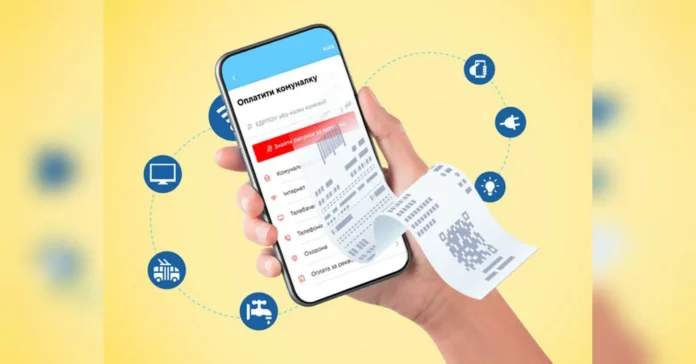Electronic Payment for Utilities Has the Same Legal Force as Paper Payment
The payment of utility bills has always been a responsibility that comes with living in a home or apartment. In the past, this process was often time-consuming and inconvenient, involving physically going to the utility office or bank to make payments. However, with the advancement of technology, electronic payment methods have been introduced, making bill payments much easier and faster. In particular, the electronic payment system for utilities, known as an «e-payout,» is gaining popularity due to its convenience and efficiency. But many people still have doubts about the legality of this method. In this article, we will clarify that an electronic payment for utilities has the same legal force as a paper payment.
First, let’s define what an electronic payment for utilities is. Simply put, it is a method of paying utility bills using electronic platforms such as internet banking, mobile banking, or electronic wallets. This eliminates the need for physical cash transactions and allows for payments to be made from the comfort of one’s home. The process is simple and straightforward: the user registers their utility account on the chosen electronic platform and schedules payments according to their billing cycles. This system has revolutionized the way we pay our bills and has many benefits.
One of the main benefits of electronic payment for utilities is its convenience. As mentioned earlier, it eliminates the need to physically visit utility offices or banks to make payments. This saves time and effort, especially for those with busy schedules. In addition, it also reduces the risk of losing paper receipts or forgetting to pay bills on time. With electronic payments, bills are automatically deducted from the user’s account on the specified date, ensuring timely payments and avoiding late fees.
Moreover, electronic payment for utilities is also cost-effective. It eliminates the need for paper bills, envelopes, and stamps, saving both money and the environment. This is a win-win situation for both the user and the utility company. Additionally, some electronic platforms offer discounts or rewards for using their services, further reducing the cost for consumers.
Now, let’s address the main concern — the legality of electronic payments for utilities. Many people believe that paper payments have more legal weight than electronic payments. However, this is not the case. In 2012, the Russian Federation adopted the Law on Electronic Document Management, which states that electronic documents have the same legal force as paper documents. This means that e-payouts have the same legal validity as paper payments for utilities. Moreover, the Federal Law «On Protection of Consumers’ Rights» ensures that consumers are protected when using electronic payment methods. This law requires utility companies to provide detailed information about the terms of electronic payments, including the conditions, fees, and consequences of any technical failures.
In fact, e-payouts have additional security measures in place compared to paper payments. Electronic platforms use encryption and multifactor authentication to protect users’ personal and financial information. This reduces the risk of fraud and identity theft, ensuring the safety of consumers’ funds.
It is worth noting that electronic payments for utilities have been widely adopted and recommended by the Russian government. In 2014, the Ministry of Construction and Housing and Communal Services issued an order, encouraging utility companies to switch to electronic billing and payments. This is in line with the government’s goal to digitalize public services and promote a cashless society.
In conclusion, electronic payment for utilities is a legal and highly beneficial method of paying bills. It offers convenience, cost-effectiveness, and additional security measures compared to paper payments. The e-payout system has the same legal force as paper payments, as stated by the Russian laws. Therefore, consumers can confidently use this electronic platform to pay their utility bills without any concerns about its legality. It is time to embrace the technology and make our lives easier with electronic payments for utilities.

